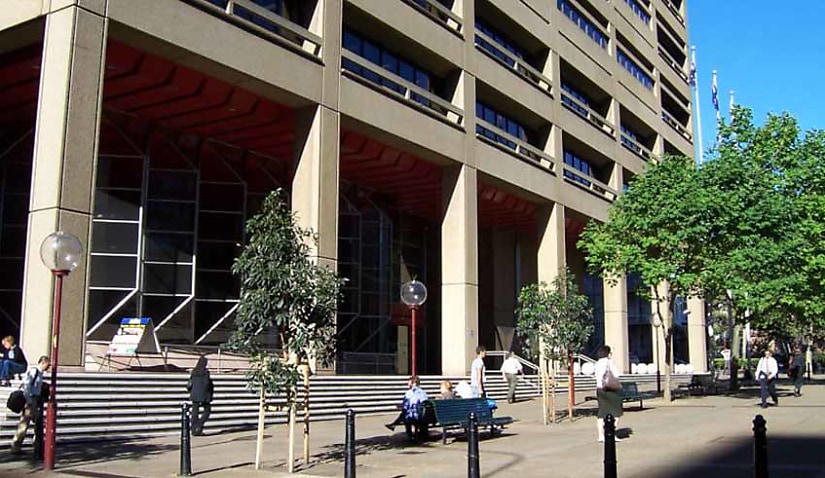Powered by MOMENTUM MEDIA
A court has made a ruling on whether Peter van Onselen breached his redundancy contract with his former employer, Network Ten.

NSW Supreme Court Justice David Hammerschlag found Dr Van Onselen breached the contract when he wrote a disparaging article about Ten in The Australian, but stopped short of making an order prohibiting the “high-profile” journalist from doing it again.
In a judgment handed down on Friday (14 July), Justice Hammerschlag said the article made several implications that could “self-evidently undermine the confidence of investors”.
“This is not a trivial or insignificant matter,” he said.
However, Justice Hammerschlag said he was persuaded the article was a “one-off mistake” that Dr van Onselen would not repeat because it would “be obvious that if there were a further non-inadvertent breach, the assertion of lack of risk could not be legitimately put”.
Dr van Onselen and Ten parted ways in March 2023, months after an employee of Ten initiated proceedings in the Federal Court alleging a series of workplace incidents. Several of the former employee’s complaints were directed at alleged conduct of Dr van Onselen.
When Ten and Dr van Onselen disagreed about relocating his position to Canberra, his role was made redundant. The network paid him out $165,491, including an ex gratia payment of $71,563.
In an affidavit by the vice-president of Paramount Australia’s human resources department, Anthony McDonald, the court was told Dr van Onselen was concerned Ten would “hang me out to dry” and wanted to “negotiate something on that I’ll take the redundancy”.
The non-disparagement clause prevented Ten from making any negative public comments about Dr van Onselen, including any comments in reference to the former employee’s allegations.
Dr van Onselen was also restrained from negative public comment.
However, Dr van Onselen told the court he thought he would be “precluded from providing a fair comment in respect of Ten” and claimed if he thought Mr McDonald had come to a different view, he would have “negotiated an express carve out” in the clause.
Justice Hammerschlag preferred Mr McDonald’s evidence and found Dr van Onselen was an unconvincing witness.
“His evidence was that, if Mr McDonald had not agreed, he would have insisted on an express carve out. It is difficult to understand why he did not, in light of what he says Mr McDonald said, do so.
“Moreover, if the reach of the non-disparagement clause was, as Dr van Onselen would have it, of significant concern to him, to the extent even of being important to his living as a journalist, one would have expected his first port of call to have been his own lawyer to make sure the provision he was agreeing to, operated in the way he says he understood it would,” Justice Hammerschlag said.
“Yet he did not discuss this important issue with him.”
We're evolving — and so should your insights. Heads up — Lawyers Weekly is going premium from 1 May for just $5 a month. Stay informed without missing a beat. More information coming soon.

Naomi Neilson is a senior journalist with a focus on court reporting for Lawyers Weekly.
You can email Naomi at: